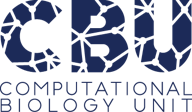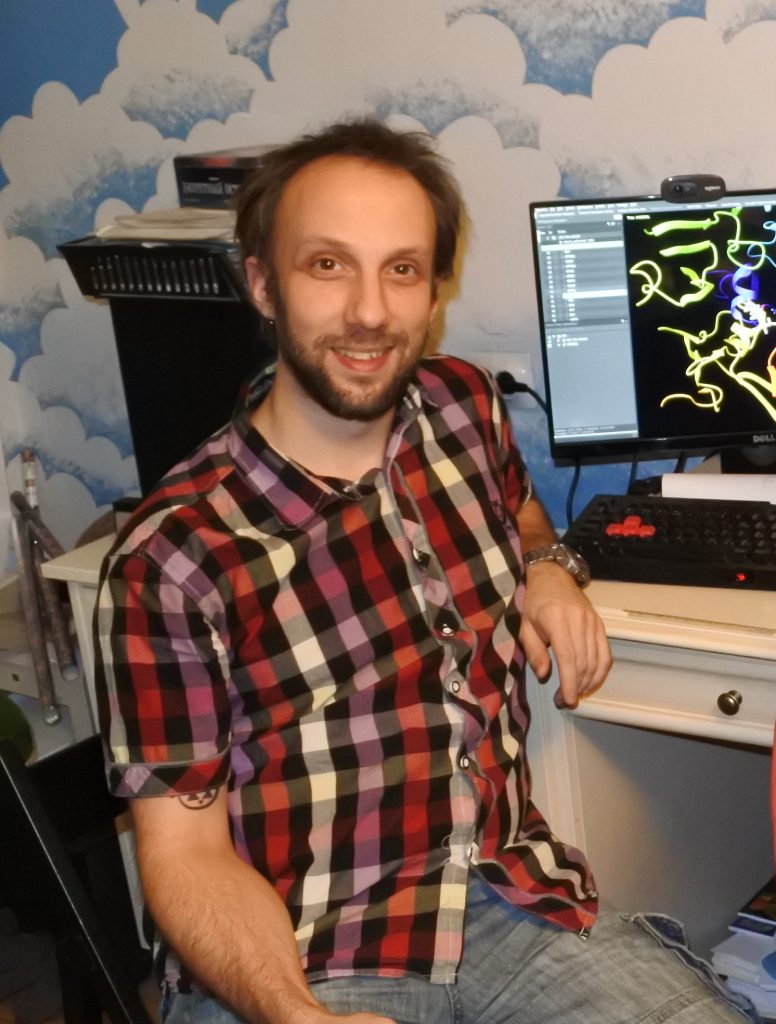Alexey Nesterenko is our new Postdoctoral Fellow who has joined the CBU to contribute in simulating lipid membranes and carbohydrates, and to do biomacromolecular force field validation, under supervision of Markus Miettinen.
Alexey got his PhD in a field between computational chemistry and electrochemistry in 2014 at the Frumkin Institute of Physical Chemistry and Electrochemistry (IPCE) under supervision of prof. Yu. Ermakov. After his PhD, Alexey had positions at Belozersky Institute of Physico-Chemical Biology in Moscow State University, in Shemyakin-Ovchinnikov Institute of Bioorganic Chemistry, and finally in Federal Center of Brain Research and Neurotechnologies (all in Moscow).
During his PhD and after it, Alexey worked in a tight collaboration with the Laboratory of Bioelectrochemistry (Frumkin IPCE) where lipid membranes are studied with experimental, theoretical and computational methods. His PhD was focused on investigating the structure of electrical double layer at the lipid–water interface, which was done by assembling results of MD simulation and experimental results of cation adsorption measurements. He demonstrated how to compute accurately an adsorption constant and binding site density from MD simulation. Further he continued working with this lab analyzing lipid monolayer molecular structure and polycation adsorption on anionic lipid membranes.
In 2014–2022, Alexey worked in Laboratory of Molecular Basis of Embryogenesis (Shemyakin-Ovichinnikov IBCh) under supervision of prof. A. Zaraisky, where they studied and simulated pattern formation in early amphibian embryo using mathematical modeling with partial differential equations. He demonstrated there both experimentally and theoretically how difference in adsorption of growth factors onto heparin extracellular matrix could play role in pattern formation. At 2020–2023, he worked in mass-spectrometry data analysis in Institute of Fundamental Neuroscience (FCBRN) under guidance of prof. V. Belousov, where they obtain and analyze metabolomics and proteomics data in different experiments with rodent stroke and oxidative stress in eukaryotic

